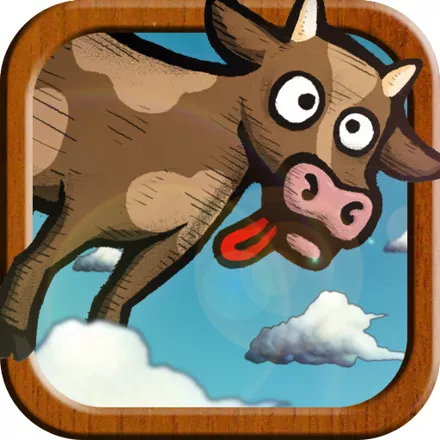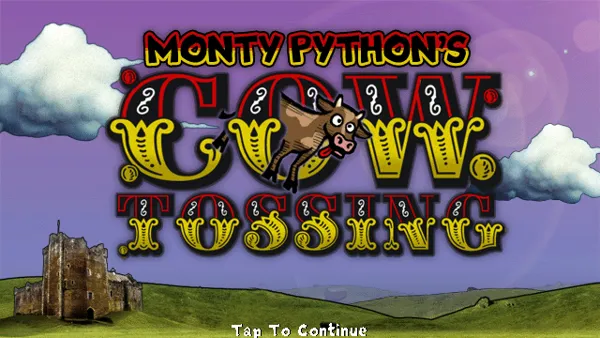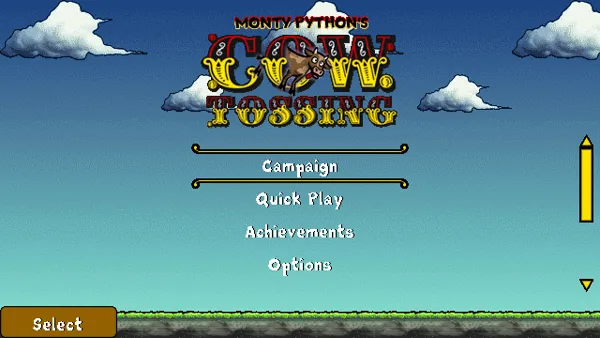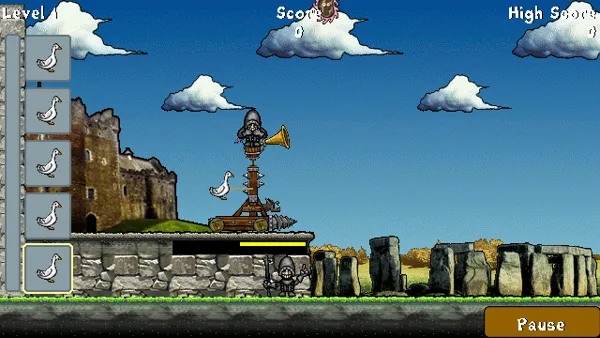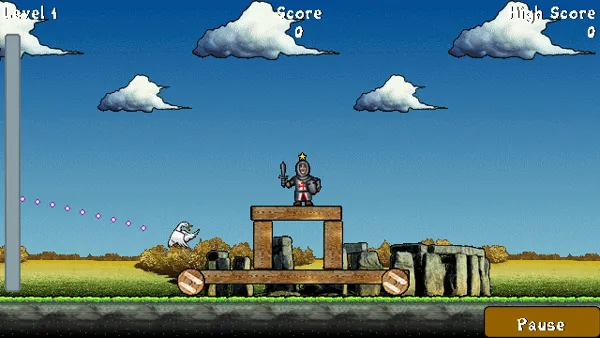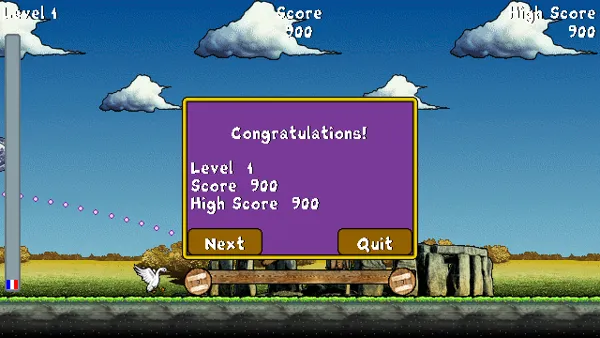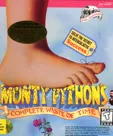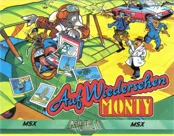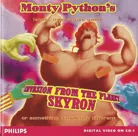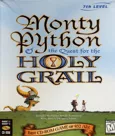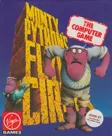Monty Python's Cow Tossing
Description
Monty Python's Cow Tossing is a ballistics game similar to Angry Birds and Crush the Castle. The player takes control of a French catapult and has to use it to stop the advancing English troops before they reach the castle. Touch screen controls are used in most versions. The player simply touches and drags the projectile to set the angle and strength of the shot. The siege will stop when all the English knights have been killed. When the troops reach the castle the game is over and the level has to be replayed. A direct hit on a knight leads to an increase of the French arrogance meter which means that better weapons will be available.
Different animals are used as projectiles, each with their own abilities. The goose is the most basic one and doesn't do anything special. The duck can split in three when activated while the pig flies straight ahead. Chickens lose their head when hitting an axe and it flies around doing damage. Swallows can drop coconuts, while cows can get mad and do plenty of damage. It's not only animals that are used. Sinks can be used and they catch dishes in the air and then release them when landing. Insults can also be launched and get more powerful when hitting farts. Objects rain down from the sky and by hitting these the player can get power-ups.
Groups +
Screenshots
Credits (J2ME version)
41 People · View all
| Production | |
| Marketing | |
| QA & Deployment | |
| Testers | |
| Porting | |
| [ full credits ] | |
Reviews
Critics
Average score: 42% (based on 6 ratings)
Players
Average score: 2.1 out of 5 (based on 2 ratings with 0 reviews)
Be the first to review this game!
Analytics
Upgrade to MobyPro to view research rankings and price history! (when applicable)
Identifiers +
Contribute
Are you familiar with this game? Help document and preserve this entry in video game history! If your contribution is approved, you will earn points and be credited as a contributor.
Contributors to this Entry
Game added by Kabushi.
Additional contributors: formercontrib.
Game added October 15, 2011. Last modified February 22, 2023.


